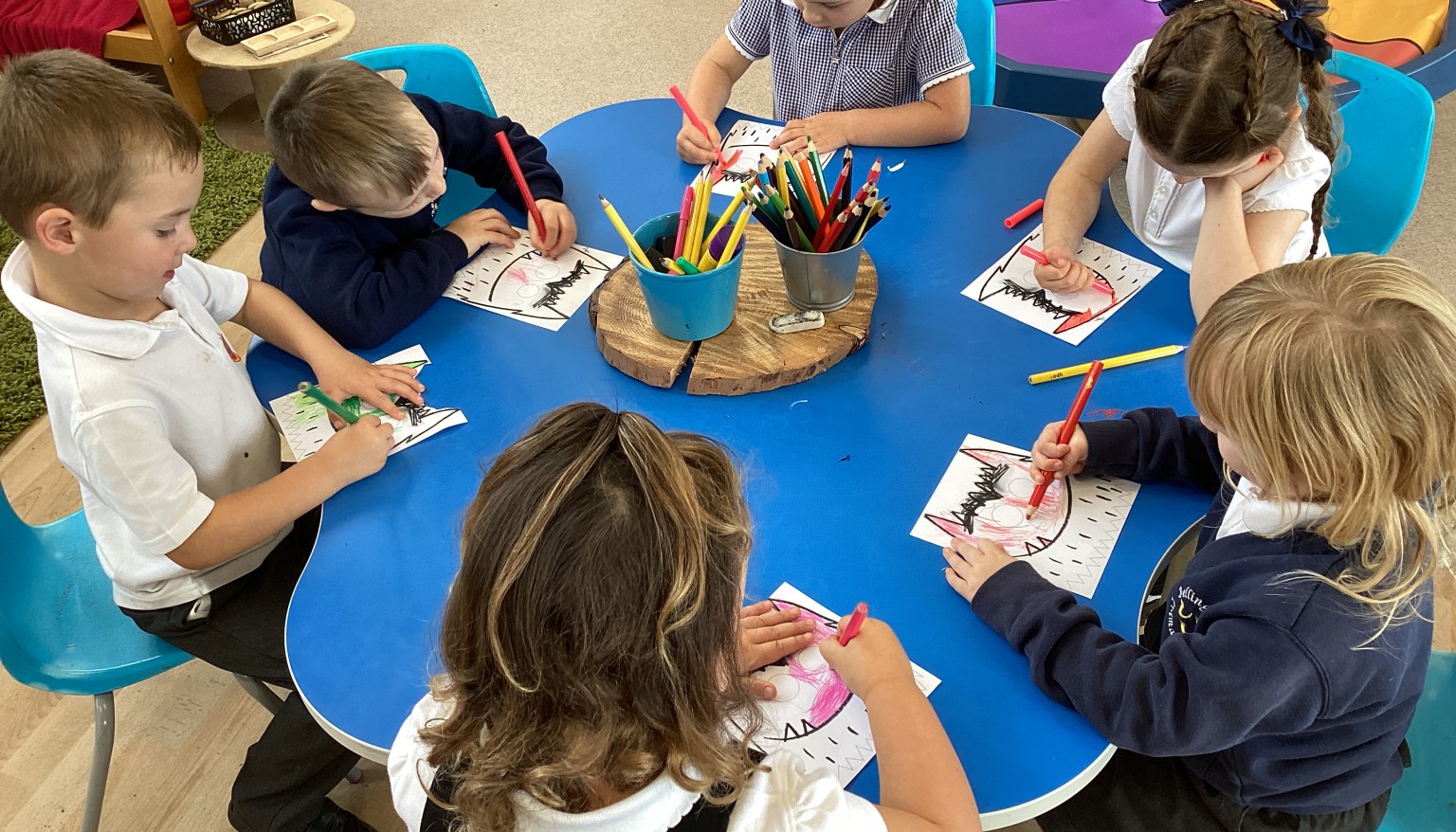

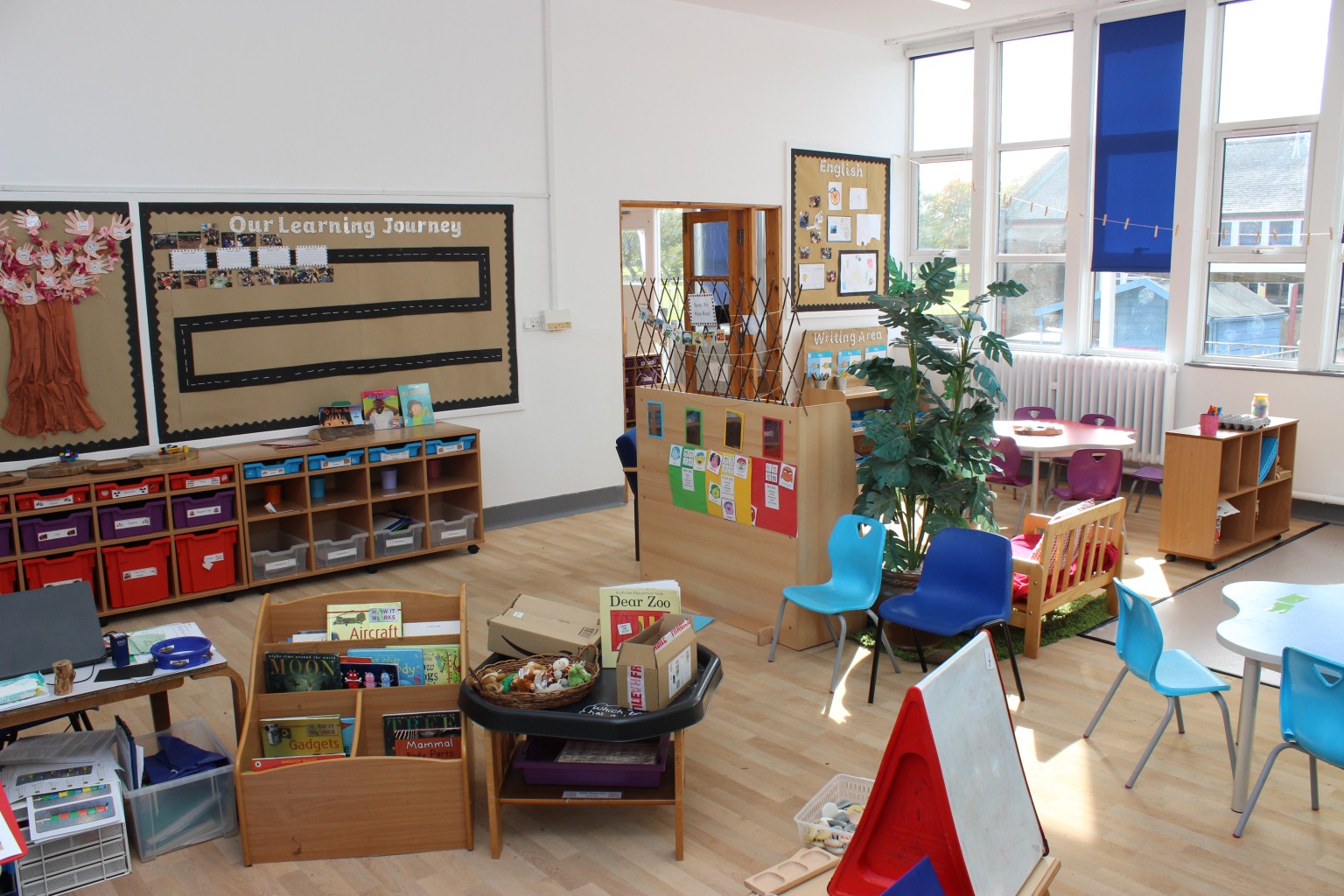

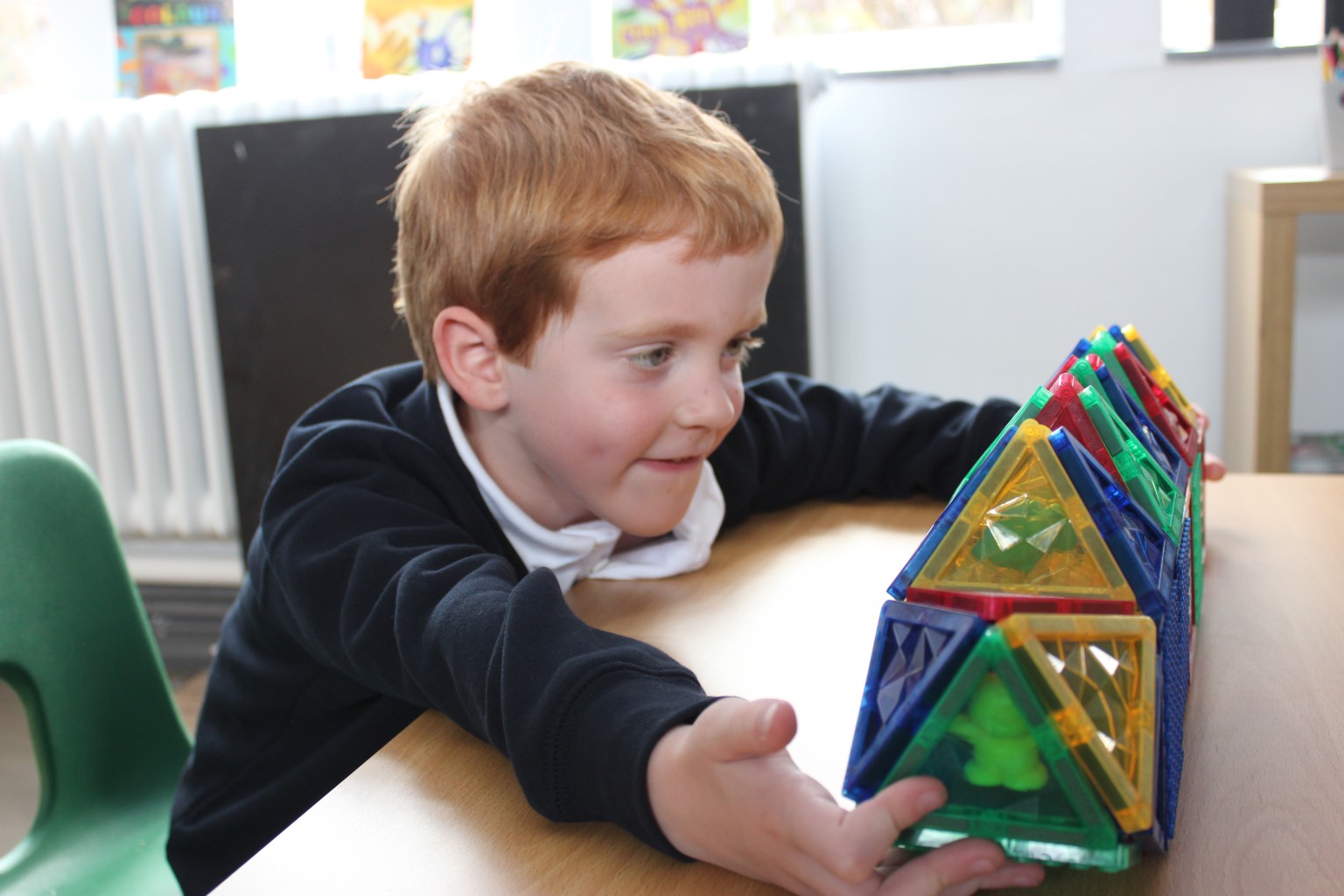
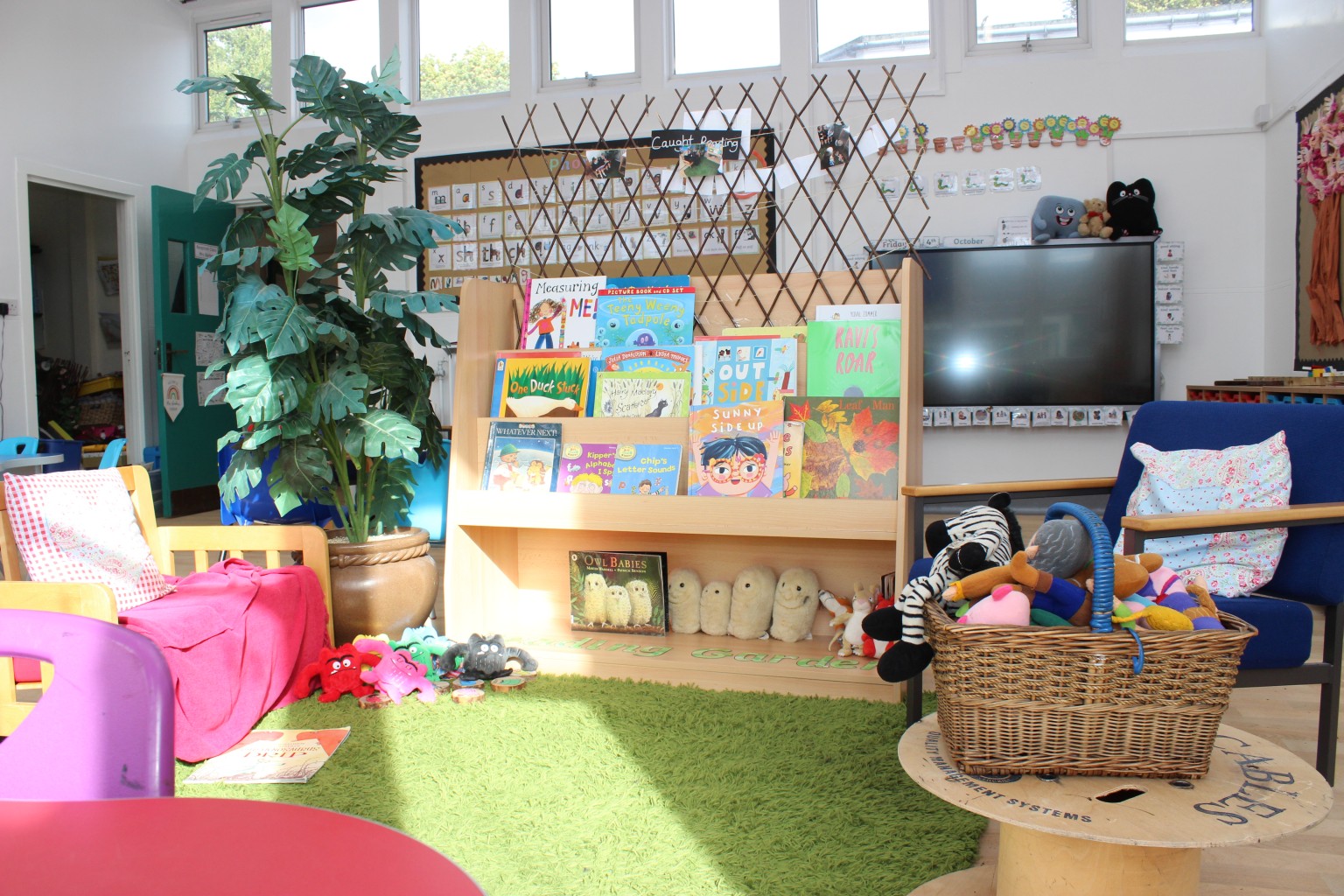
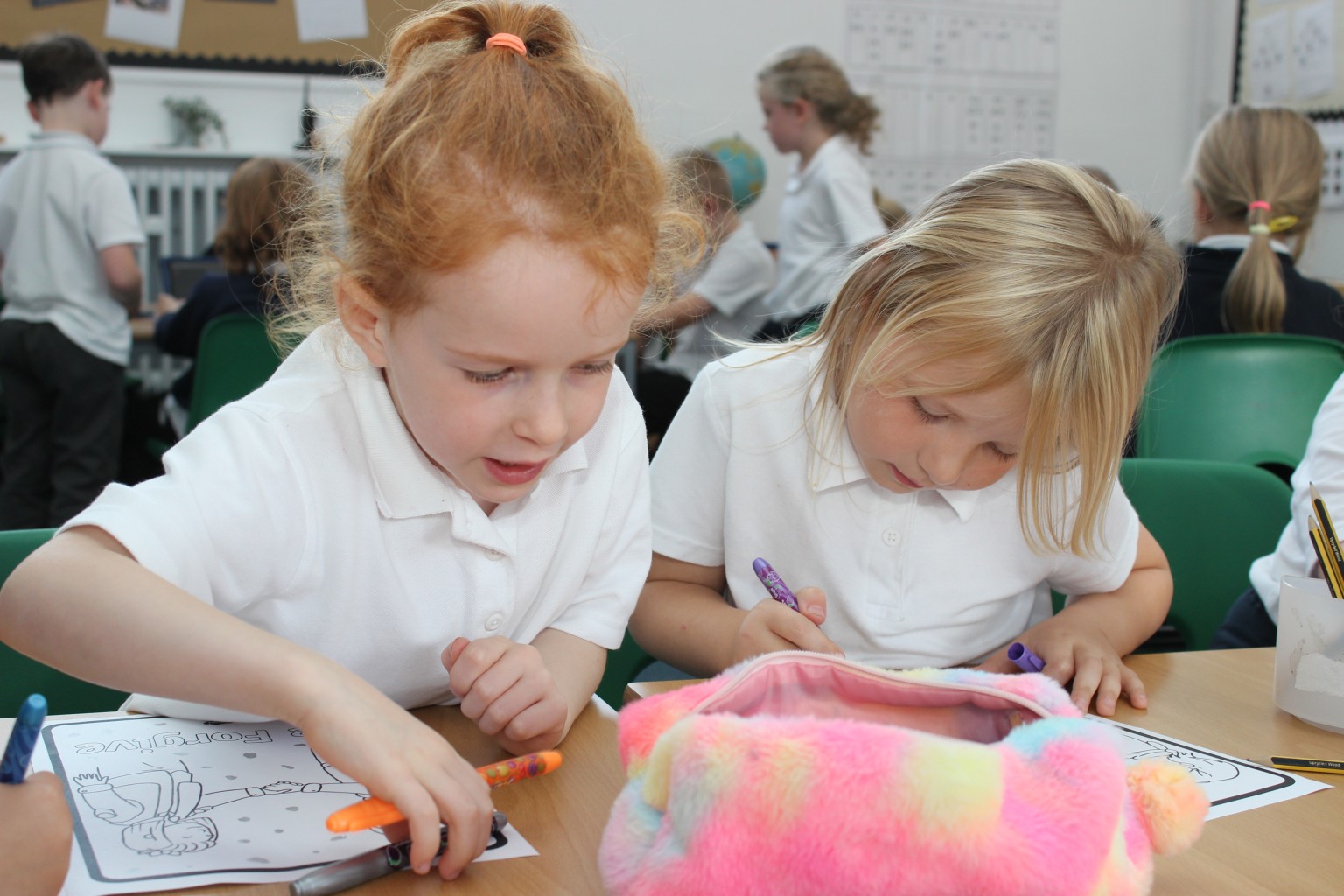

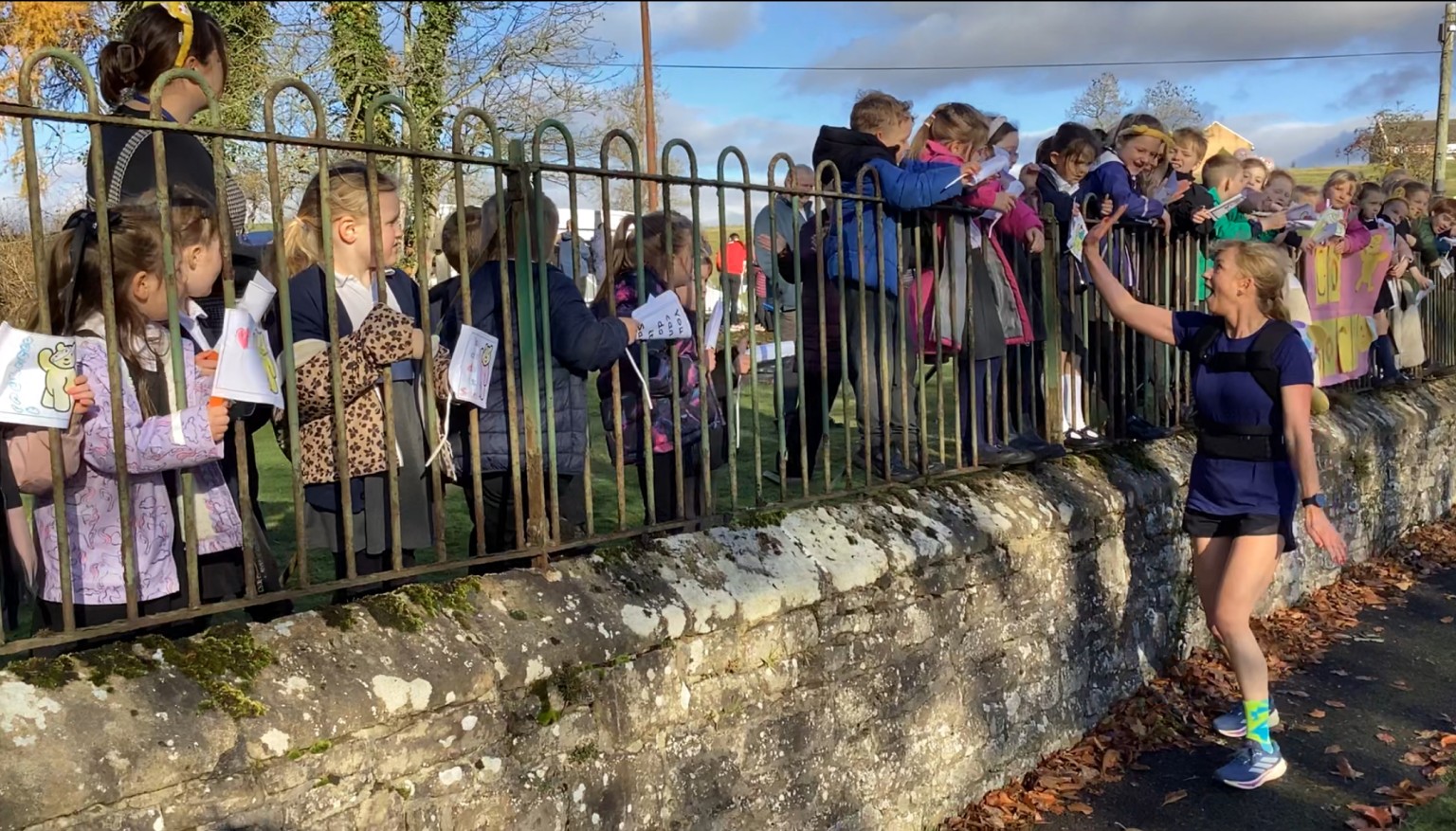
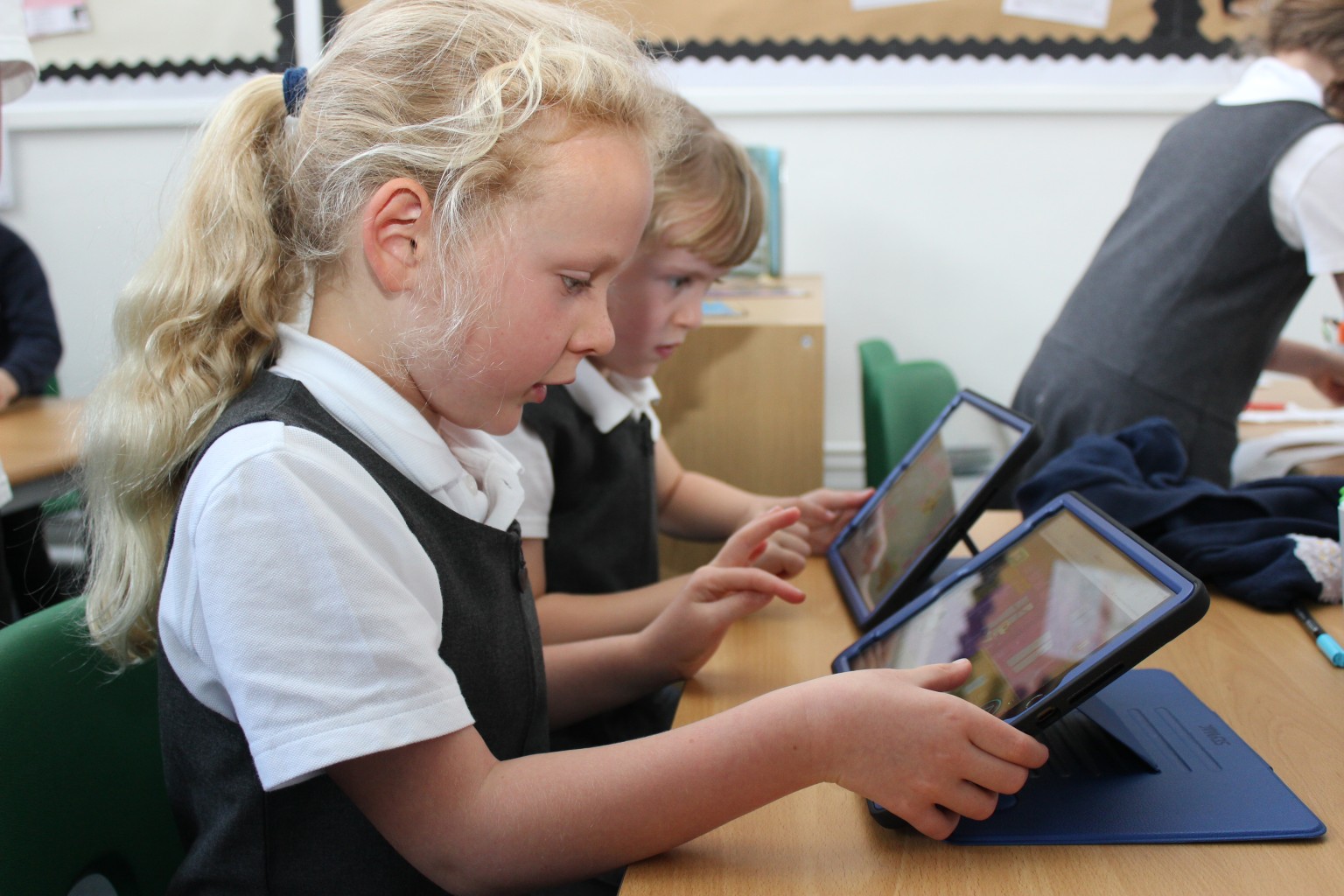

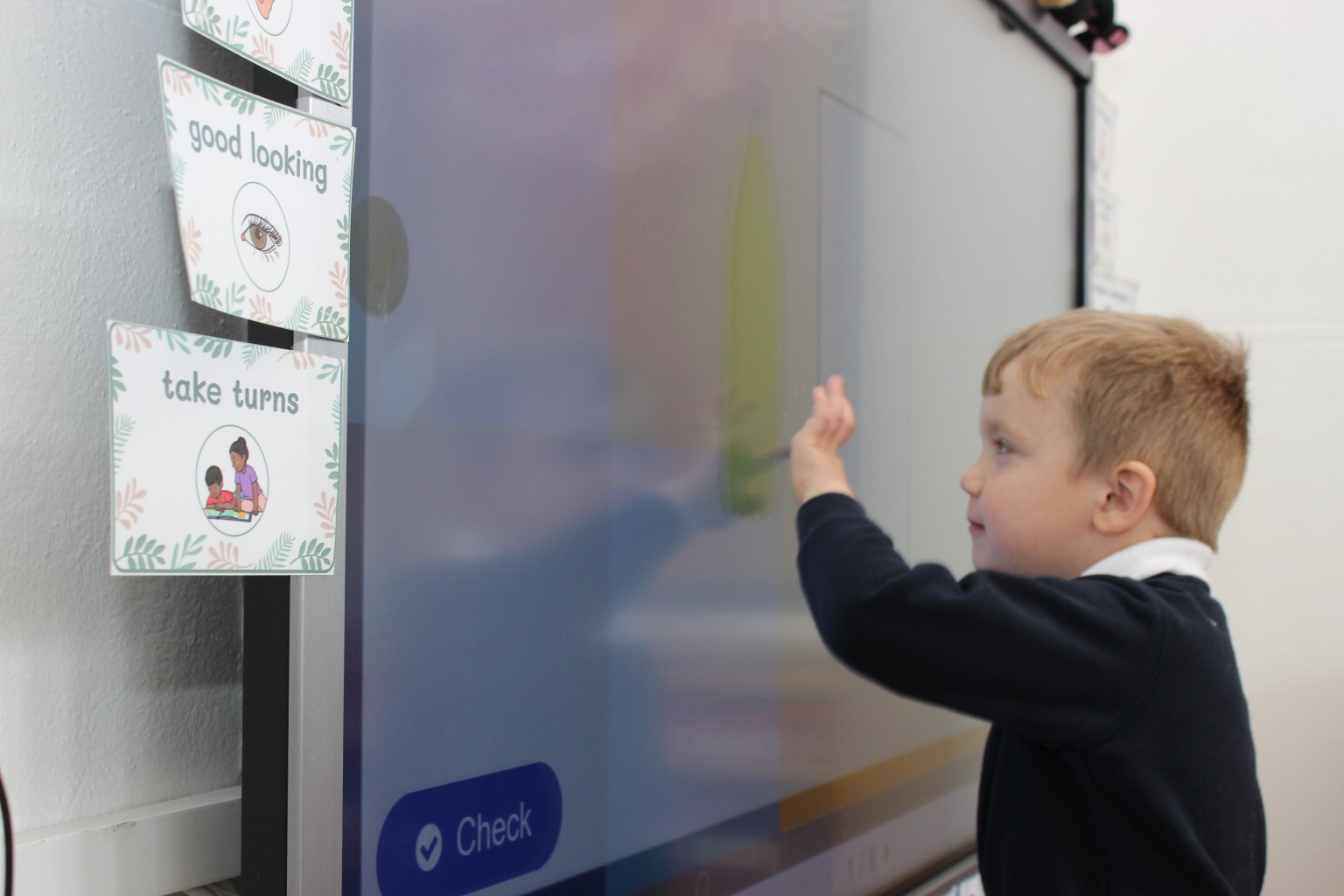

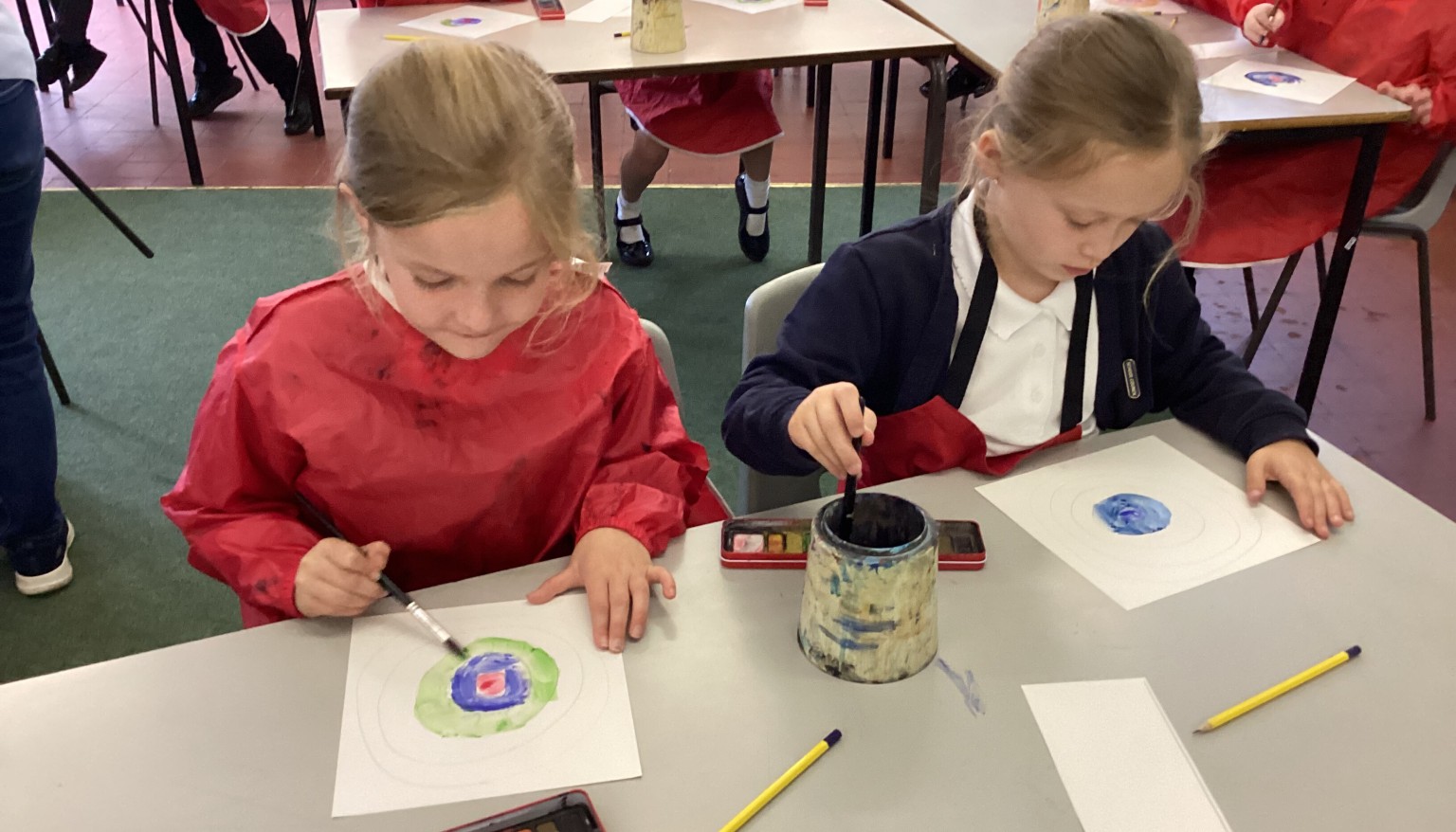
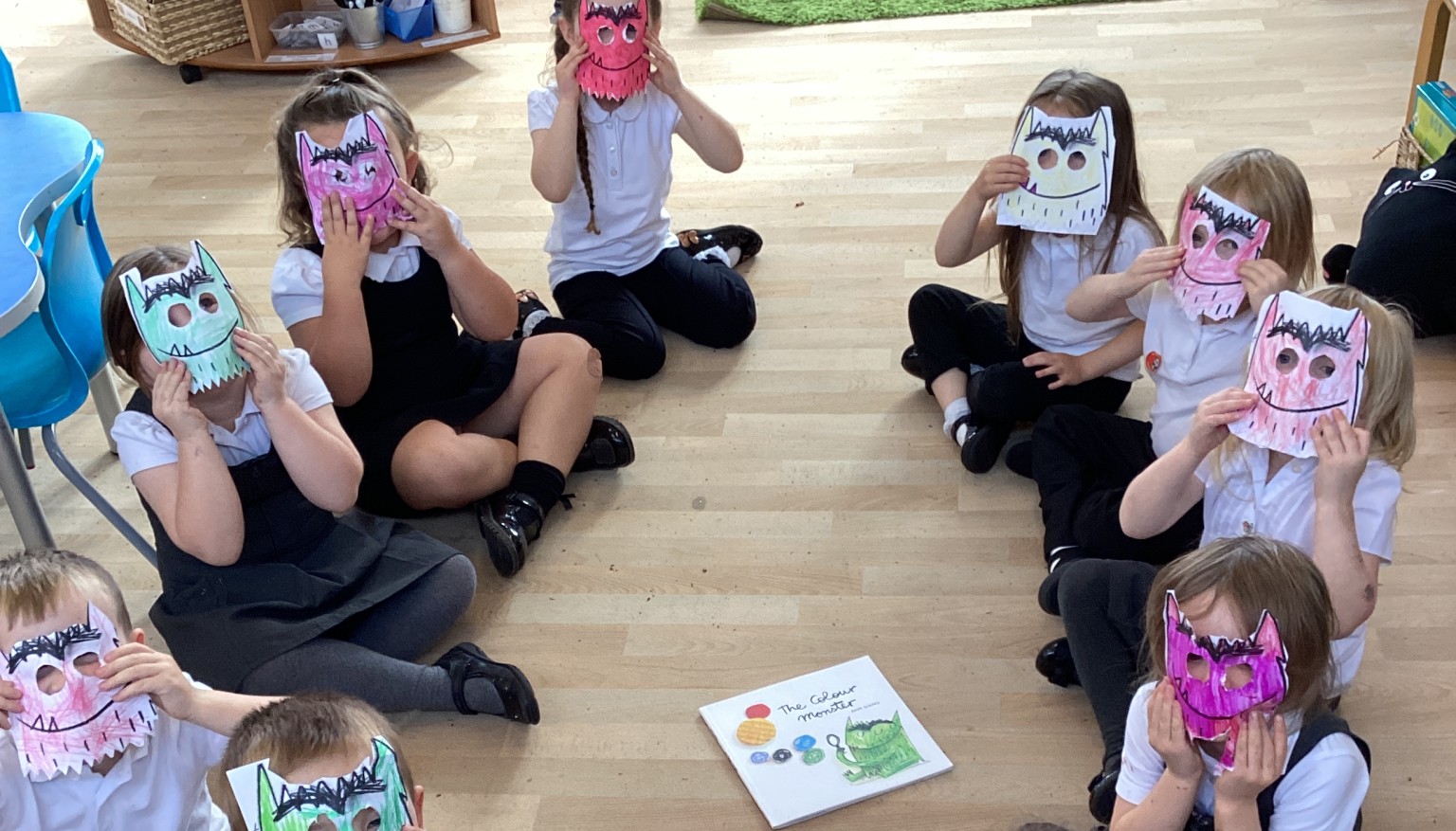
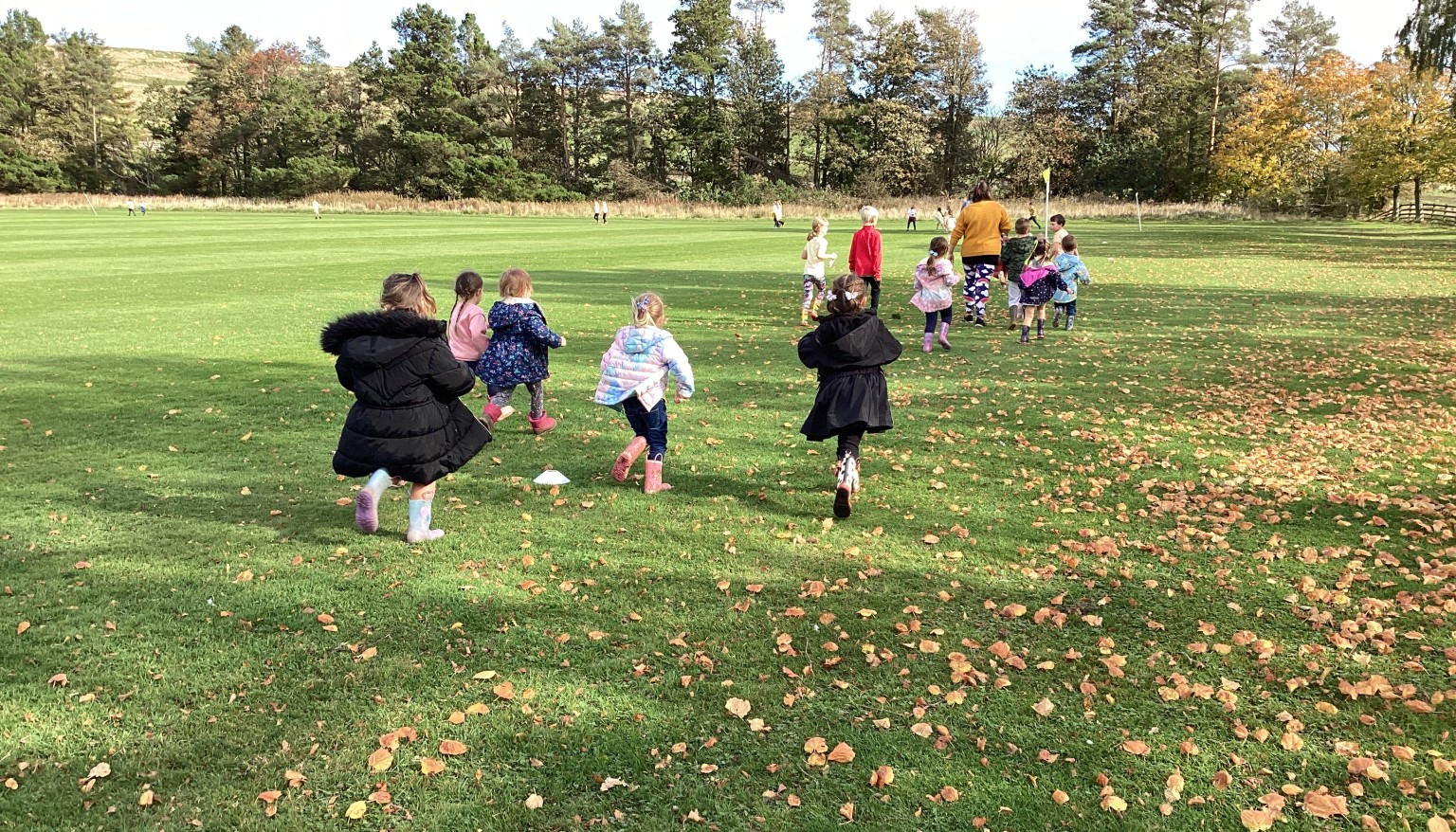
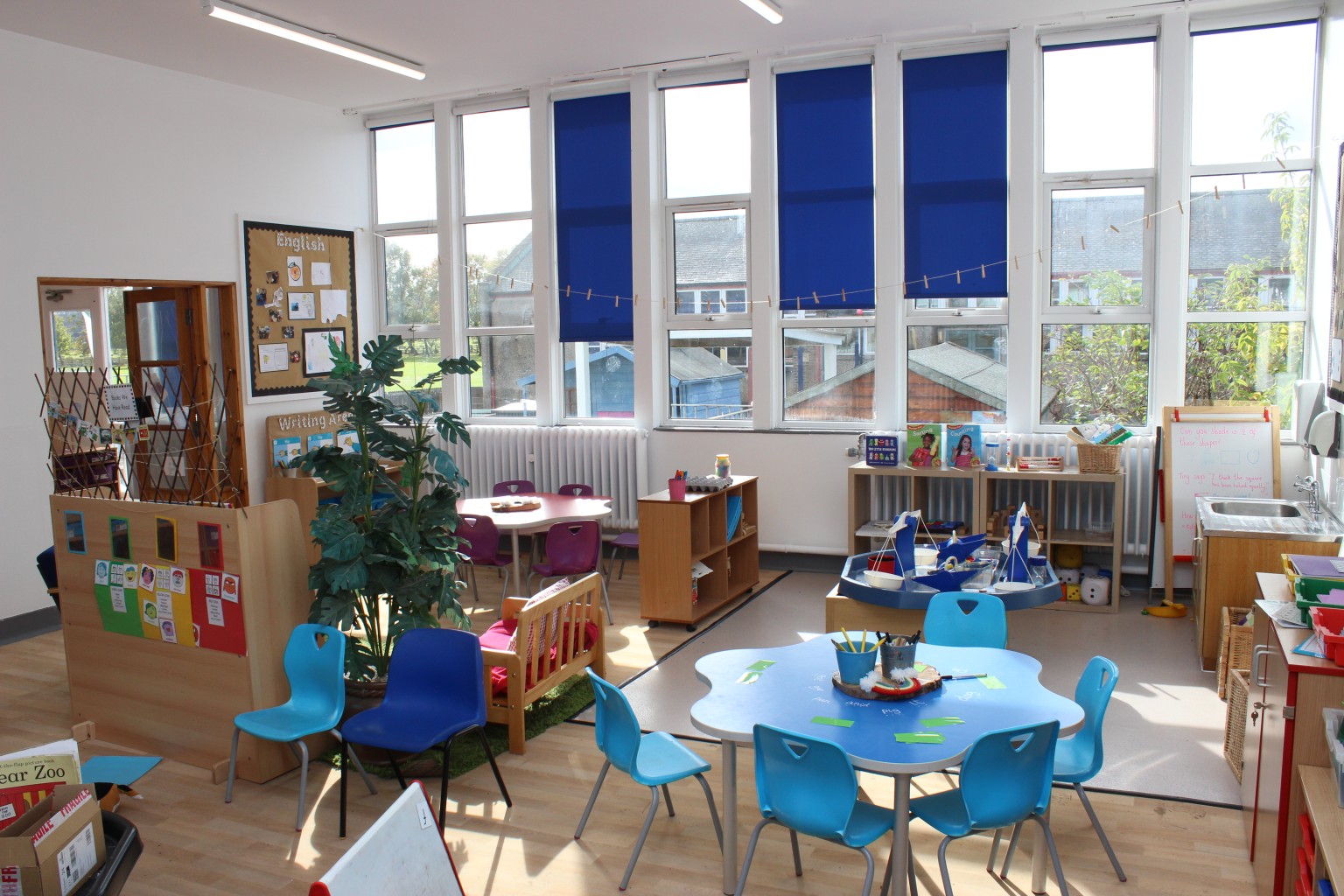
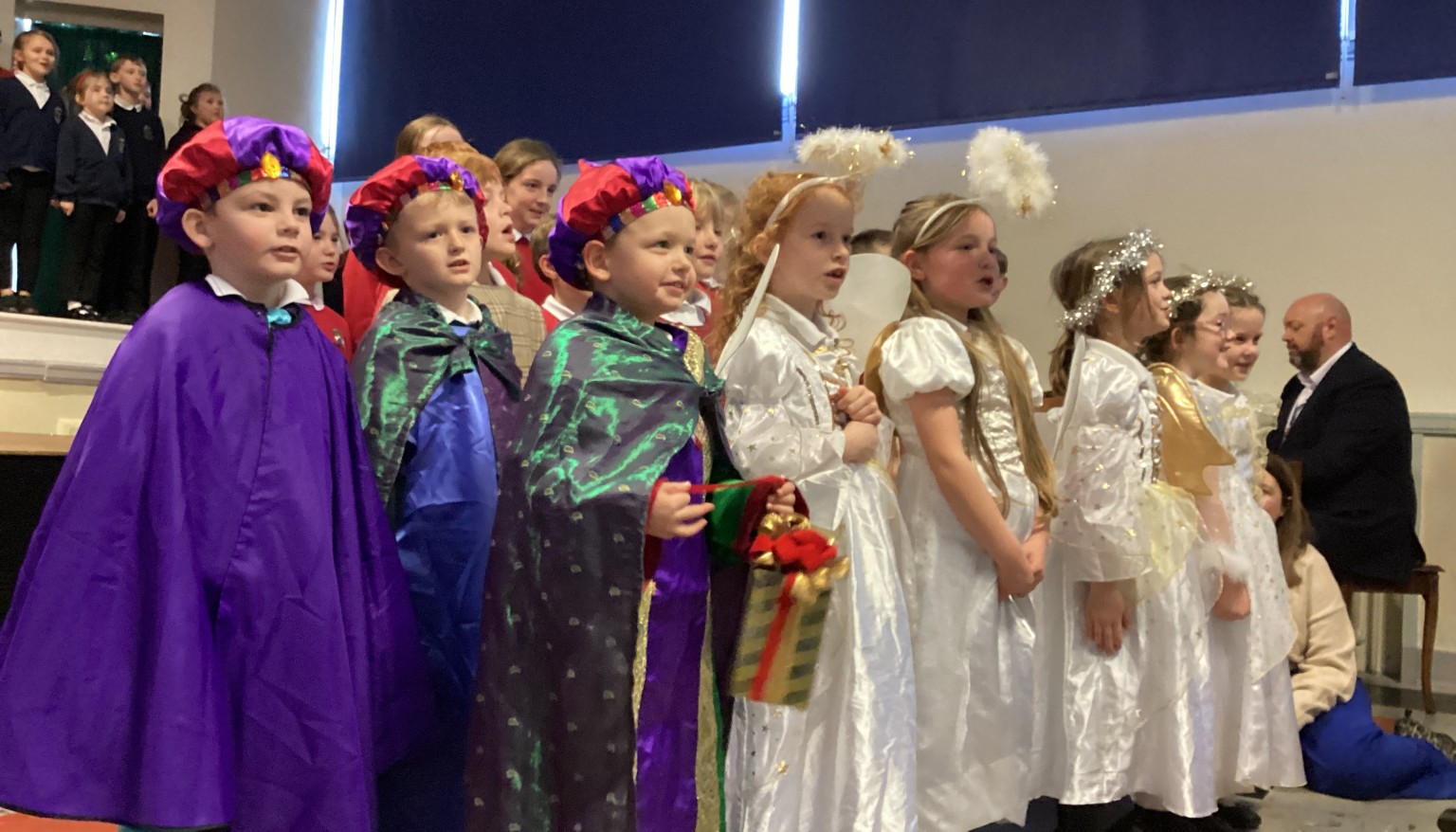
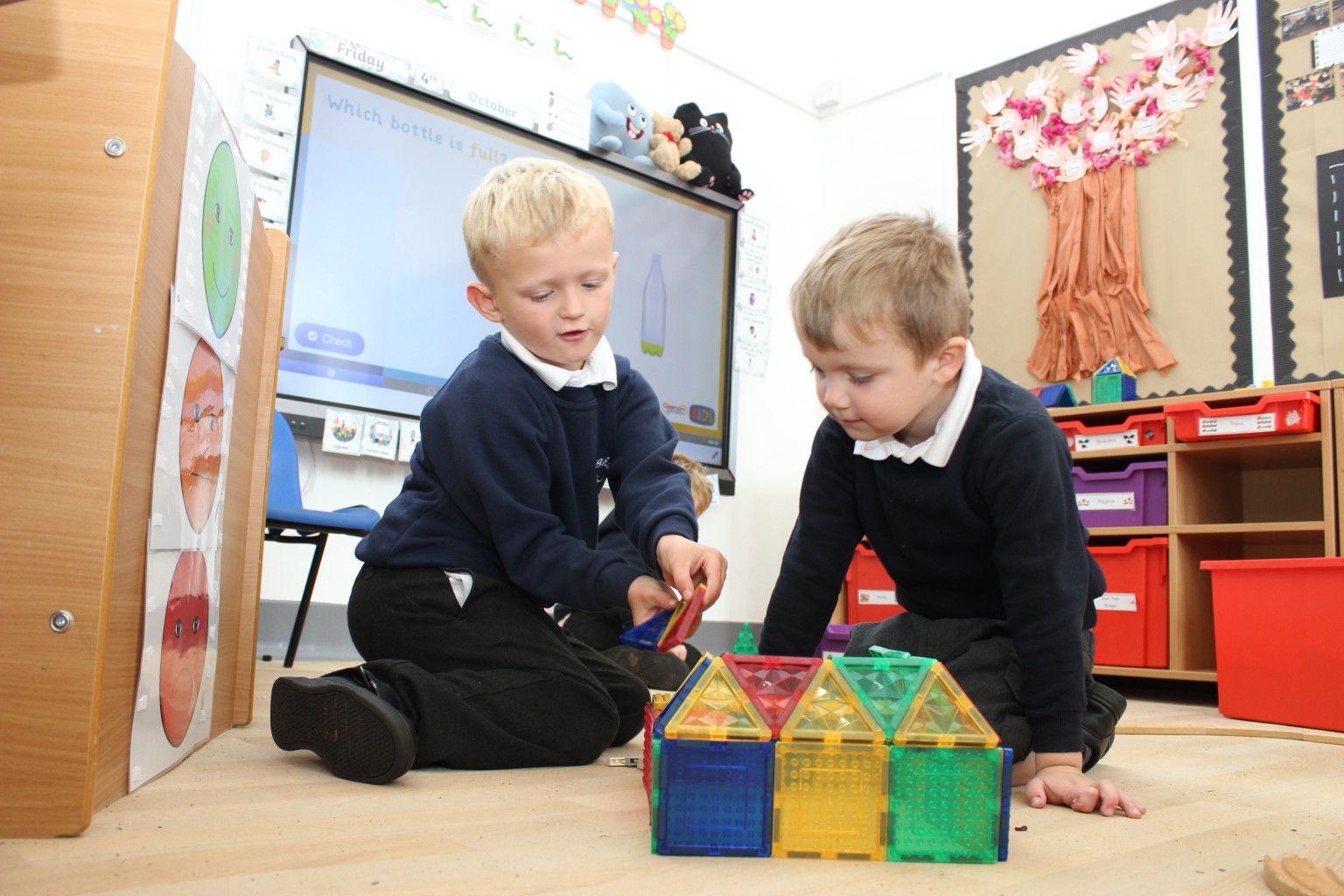
At Bellingham Primary School, we have adopted a mastery approach to the teaching and learning in mathematics. Mastery involves how and why the mathematics works; it means being able to use mathematical knowledge in new and unfamiliar situations. To support children in achieving this, we use the White Rose Primary Scheme of Learning; this is used to both support and challenge the children’s understanding, in line with the high expectations of the National Curriculum. We believe that together, both staff and children are building a whole new culture of deeper understanding, confidence and competence in maths – a culture that produces strong, secure learning and real progress: everyone can do maths!
We expect most children to move through this programme of study at broadly the same pace. The teaching staff will make decisions about when to progress based on the security of the children’s understanding and their readiness to move on to the next stage in learning. We expect all children to master, at their own level of understanding and pace, fluency, reasoning and problem solving; children who grasp concepts rapidly will progress to reasoning and problem solving sooner, whereas those children who are not sufficiently fluent yet will consolidate their understanding through additional practice and support before progressing further.
Aims
By implementing the current legal requirements of the Early Years Foundation Stage (EYFS) and the National Curriculum (NC), we aim for our children to embed the characteristics of mathematicians, these are to have:
The language of mathematics is international. The basic skills of mathematics are vital for the life opportunities of our children. Our aim is for all children to think mathematically, enabling them to reason, solve problems and assess risk in a range of contexts.
At Bellingham Primary School, our Mathematics Mastery curriculum has been developed to ensure every child can achieve excellence in mathematics. Children can experience a sense of awe and wonder as they solve a problem for the first time, discover different solutions and make links between different areas of mathematics. It provides pupils with a deep understanding of the subject through a concrete, pictorial and abstract approach. This ensures pupils fully understand what they are learning.
Key features of our Maths Mastery curriculum:
Mathematics Mastery places emphasis on the cumulative mastery of essential knowledge and skills in mathematics. It embeds a deeper understanding of maths by utilising a concrete, pictorial, abstract approach so that pupils understand what they are doing rather than just learning to repeat routines without grasping what is happening.
Organisation of teaching and learning
Structure of a lesson
1. Do Now task/ previous learning introduction
2. New Learning
3. Paired / group Language Development
4. Develop Learning
5. Independent Task
6. Plenary
Foundation Stage
In the Foundation Stage (FS), teaching is planned through adult supported teaching and learning. Daily opportunities to informally develop mathematical understanding through child-initiated activities and routines are capitalised upon.
Key Stage 1 and 2
In Key Stage 1 (KS1) and 2 (KS2), teaching follows the National Curriculum and White Rose Hub materials. This involves a daily mathematics lesson, pre/ post teaching sessions and specific Times Tables sessions. Teaching and learning in all three key stages takes place in a range of environments.
Planning
At Bellingham Primary, we use the White Rose Mathematics Hubs resources to support us in our planning.
Resources
Times Tables Scheme
Effective understanding and recall of times tables is the foundation of most of the mathematics children will do at primary school and the mathematics curriculum involves children being fluent in number skills. Our times tables scheme includes inverse operations, a range of representations and problem solving, which are all vital skills in mathematics. The children(KS2) are tested weekly. Children in Year 2,3,4 & 5 have a TTRS account which is used at home and school.
Assessment
In Mathematics Mastery assessment is continuous. From the beginning of every lesson, teachers and teaching assistants will be assessing what their pupils are, or are not understanding and use this to scaffold each segment of the lesson. Interventions will be both planned for and ‘live’, meaning that misconceptions are dealt with immediately and high attaining pupils are challenged appropriately. Pre and post teaching ensures that all children can achieve and are prepared for the following lesson.
Foundation Stage
KS1 and KS2
Monitoring procedures
The Head teacher and maths subject leader play a central role in the monitoring and evaluation of the quality of teaching and learning of mathematics in the school.
The monitoring strategy:
1. Children’s work and medium term planning scrutinies are conducted.
2. Pupil progress meetings are held termly.
3. Lesson ‘drop ins’ and observations take place in all classes throughout the year.
4. Pupil conferencing takes place termly.
The subject leader is responsible for monitoring attainment and progress, the outcomes of which are collated in the subject leadership folder and fed back to staff at an appropriate time. Teaching and learning is monitored at a time indicated in the School Improvement Plan: Monitoring and Evaluation timetable.